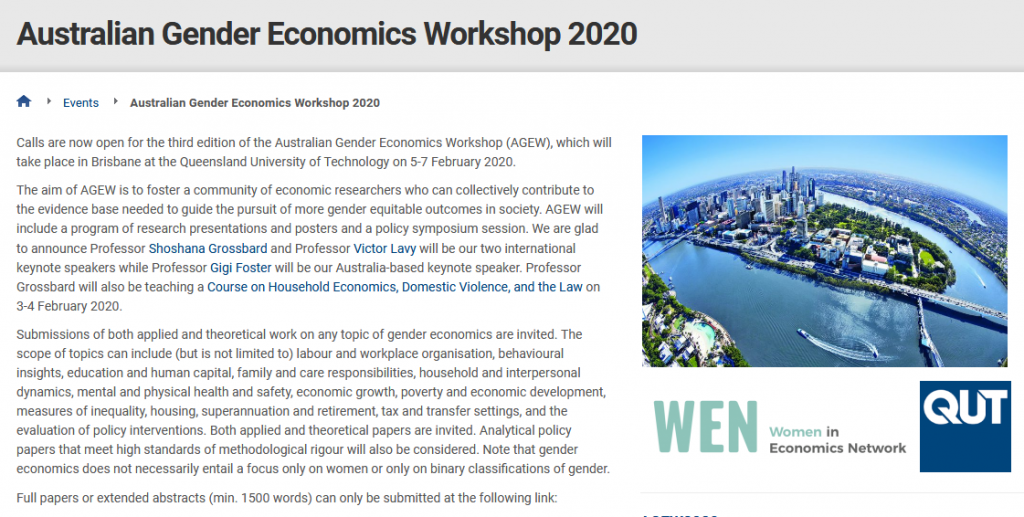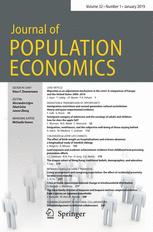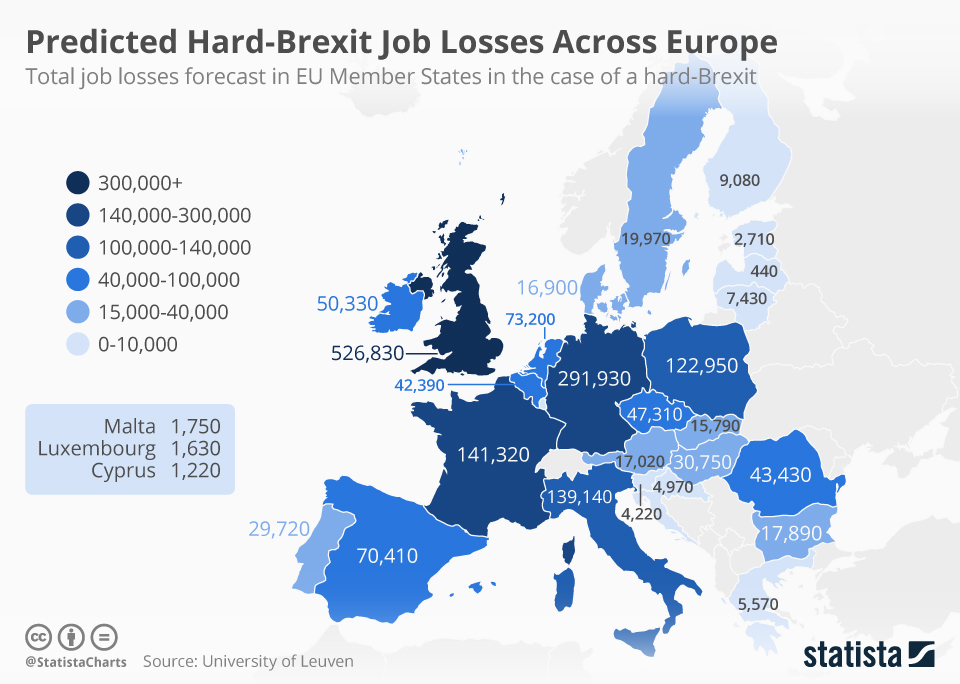A new GLO Discussion Paper finds that the effect of early childcare attendance differs between native and immigrant children. Early childcare seems to be particularly relevant for immigrant children from a disadvantaged background.
The Global Labor Organization (GLO) is an independent, non-partisan and non-governmental organization that functions as an international network and virtual platform to stimulate global research, debate and collaboration.
GLO Discussion Paper No. 394, 2019
Impact of Early Childcare on Immigrant Children’s Educational Performance– Download PDF
by Corazzini, Luca & Meschi, Elena & Pavese, Caterina
GLO Fellow Elena Meschi
Author Abstract: This paper investigates the impact of attending early childcare on second generation immigrant children’s cognitive outcomes. Our analysis draws on administrative data on the entire population of students in fifth grade collected by the Italian Institute for the Evaluation of the Educational System (INVALSI) for school years 2014/2015 to 2016/2017 matched to unique administrative records on the early childcare public available slots at the municipal level. Our identification strategy exploits cross-sectional and time series variation in the provision of early childcare service across Italian municipalities as an instrument for individual early childcare attendance. Our results point out that the effect of early childcare attendance differs between native and immigrant children. Although we find no effects for Italian children, our estimates show a positive and significant effect on literacy test scores for immigrant children of low educated mothers, which suggests that early childcare may be particularly relevant for immigrant children from a disadvantaged background.
GLO Discussion Papers are research and policy papers of the GLO Network which are widely circulated to encourage discussion. Provided in cooperation with EconStor, a service of the ZBW – Leibniz Information Centre for Economics, GLO Discussion Papers are among others listed in RePEc (see IDEAS, EconPapers). Complete list of all GLO DPs – downloadable for free.

Ends;




